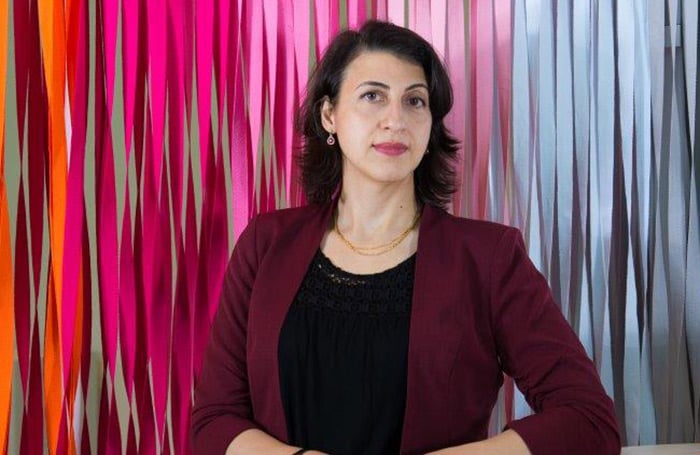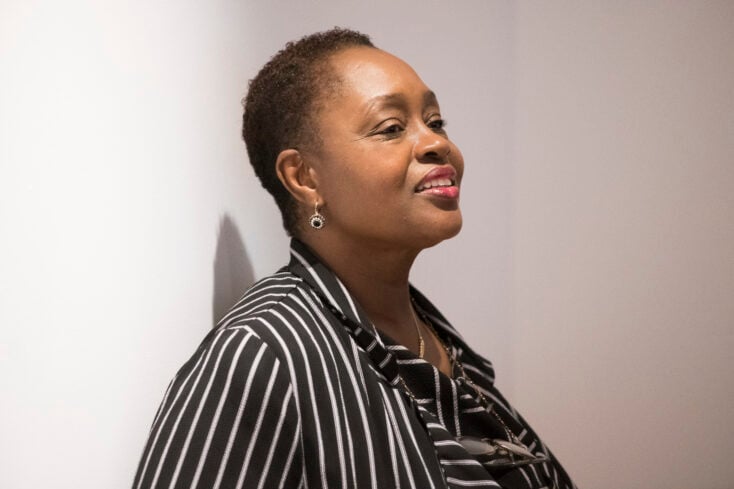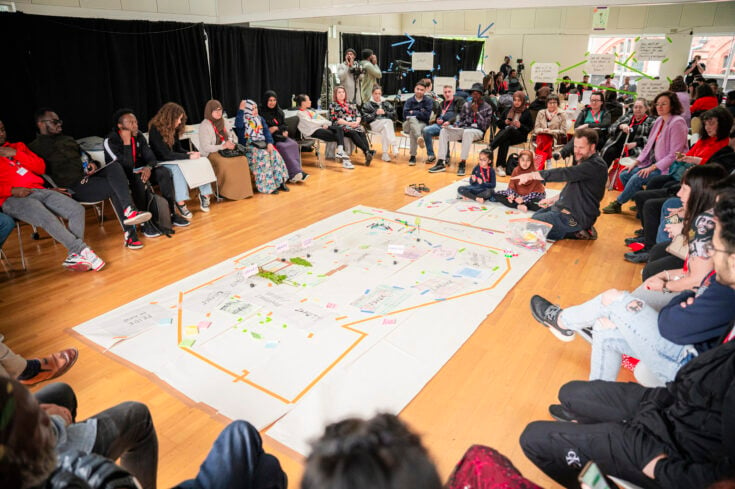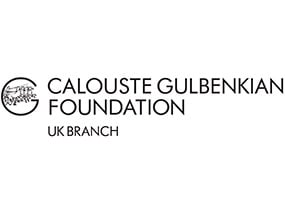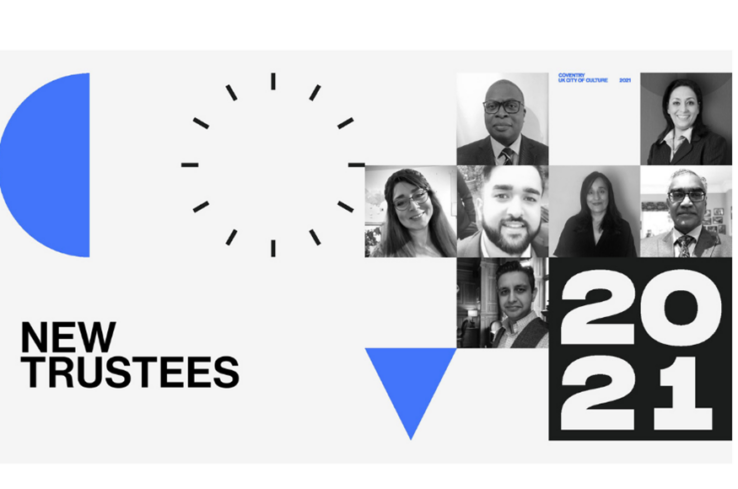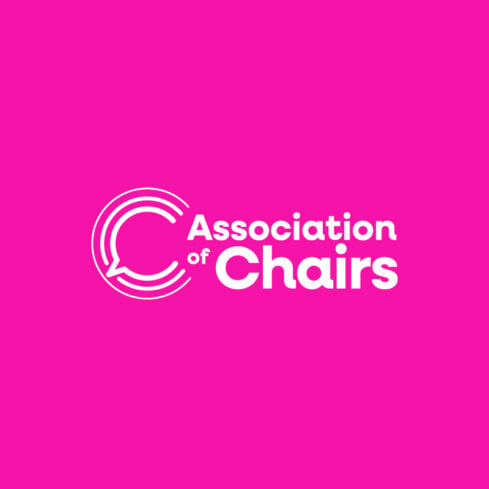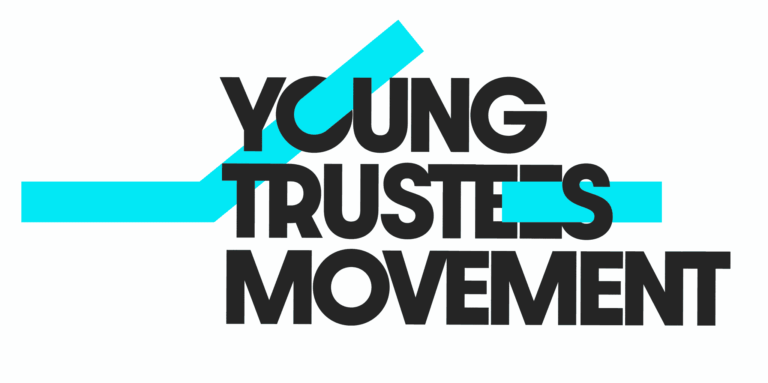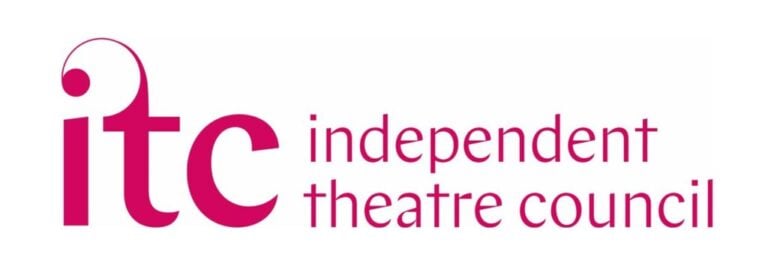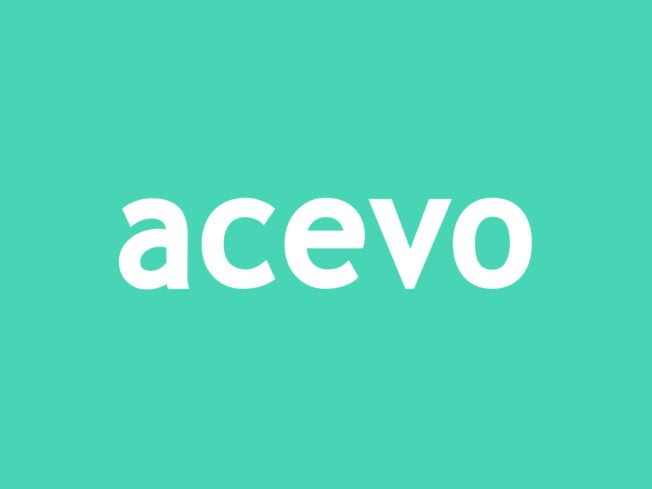Governance Now 2024 Guest Blog: Navigating Future Governance Challenges
Reflecting on our colleague Malcolm John’s collaborative work on the Bayes CCE The
Future Charity Chair report, we explore the evolving landscape of charity governance amidst
the complex socio-political challenges of our time. As boards face an intensifying cost of
living crisis and the re-emergence of divisive political rhetoric, what transformations might we
anticipate in charity governance?
Inclusive and Adaptive Leadership Models – Tanya Tracey
As we adopt more inclusive and adaptive leadership models, we need to rethink the role of
the Chair. Organisations increasingly recognise the value of lived experience and the
importance of diverse perspectives around the boardroom table. This shift prompts us to
ask: is a single-leader model still viable in today’s context? Historically, boards have too
often reflected an exclusionary approach, rooted in a benevolent hierarchy where a select
few determine the “deserving.” This legacy no longer aligns with today’s push for equitable,
non-oppressive, and collaborative decision-making.
A co-chair model, in contrast, embraces power-sharing and provides a balanced approach
that acknowledges different starting points in leadership roles. This model supports shared
responsibility, offering sustainability and resilience. In my experience, co-chairing fosters a
deeply collaborative relationship, where each individual brings a unique perspective that
enriches the board’s work. Furthermore, co-chairing centres lived experience, placing those
with direct insights into issues at the heart of the governance process.
Ultimately, co-chairing is about shared commitment, a space for dialogue, and the invitation
of diverse voices in decision-making. It’s a model that not only embodies passion and
purpose but also paves the way for a new generation of leaders.
Pipeline Development and Succession Planning – Andrew Morris
Sustaining organisational impact hinges on proactive planning, particularly in leadership
development. Without strategic succession planning, organisations risk instability when key
leaders leave. A robust succession framework ensures smooth transitions, minimising
disruption and enabling the organisation to pursue its mission effectively.
Succession planning goes beyond filling vacancies; it’s about nurturing talent aligned with
the organisation’s values and goals. Retention, in this sense, is just as vital as recruitment.
Having said that, in some respects and perhaps unwittingly, retention has become the new
recruitment.
Mentorship is key, allowing experienced leaders to share institutional knowledge,
governance practices, and strategic insights with emerging leaders, especially those from
underrepresented backgrounds. Mentorship and training are essential in cultivating future
leaders, particularly from diverse backgrounds, to ensure that leaders build confidence and
develop skills, equipping them to make informed decisions that resonate with the
communities they serve.
By developing a pipeline of leaders attuned to the community’s needs, we can create boards
that address present issues and are well-prepared to meet future challenges.
Diversity, Equity, and Inclusion (DEI) in Governance – Nola Sterling
Diversity, equity, and inclusion are not optional but essential in charity governance. Every
board should reflect the demographics, social issues, and communities it serves. Bringing
lived expertise into governance enhances understanding and provides a unique perspective.
A colleague from Just Leadership USA put it aptly: “Those closest to the problem and
solution are often furthest from power and resources.” This insight highlights the necessity of
embedding lived experience within our governance structures.
In the absence of these voices, organisations can create pathways such as shadow boards
or advisory groups to ensure a flow of perspectives into main board decisions. This
approach acclimates new trustees to governance practices, deepening the board’s diversity
and resilience. Mentorship within DEI initiatives fosters a supportive environment, helping
new trustees navigate board dynamics with confidence. Beyond individual growth, this
approach cultivates a collective awareness that strengthens the entire board.
To ensure that DEI is not just a statement but a sustained practice, organisations should
conduct regular reviews quarterly, biannually, or annually to ensure these principles are
embedded in daily operations. Reviews should adapt to socio-political and beyond changes
and be supported by dedicated resources in time, funds, and commitment. DEI initiatives,
like professional development, require continuous engagement and must evolve with
emerging societal trends. By prioritising this commitment, boards can ensure their
governance practices align with the needs of the communities they serve, supporting a more
inclusive and equitable approach that values all forms of knowledge.
Moving Forward
As we move forward, the time has come to reimagine governance by flattening hierarchical
structures and embracing collaborative, inclusive leadership. By questioning traditional
models, fostering diverse pipelines, and embedding lived experience at the core of
decision-making, we can create boards that are not only resilient but also truly reflective of
the communities they serve. This approach to governance aligns with a future where equity,
shared responsibility, and adaptive leadership pave the way for meaningful, lasting impact.
Together, let’s embrace this shift and shape a more just and connected way of leading.


